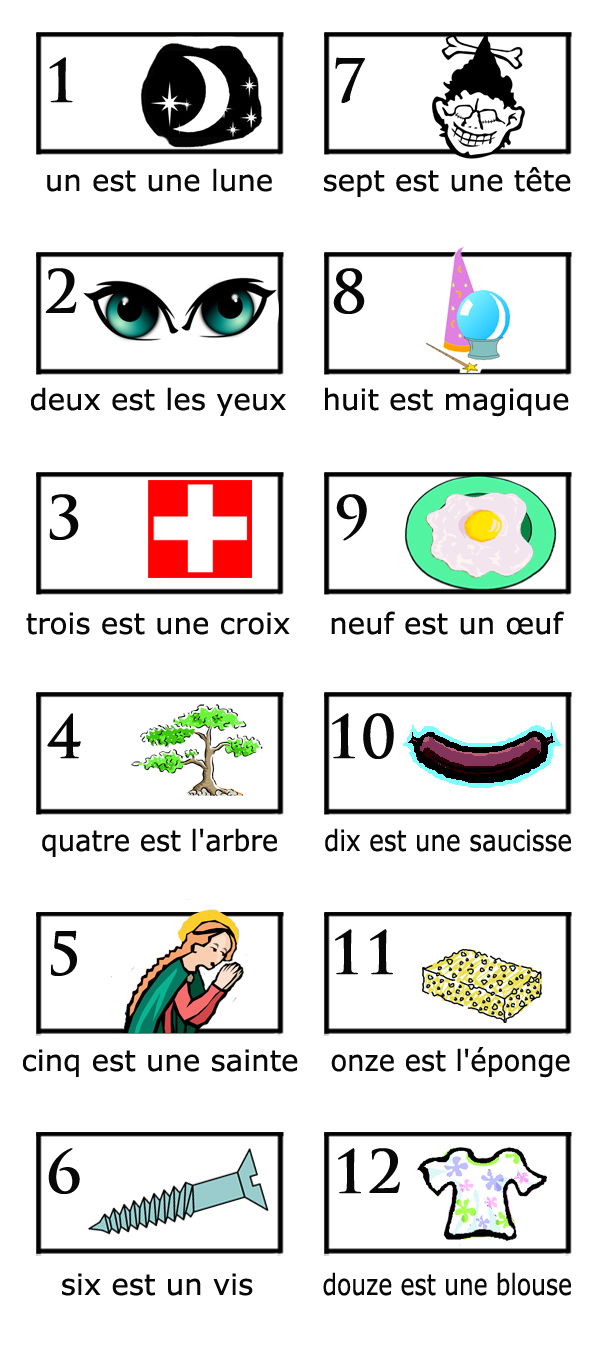Humans are the animals that manipulate their cognitive environment.
- Strategies
Everyday Strategies
- Lifestyle & Aging
Lifestyle
- Sleep & Circadian Rhythm
- Problems
Forgetting
Absentmindedness
Cognitive Impairment
- How Memory Works
Types of memory
Individual Differences
How the brain works
